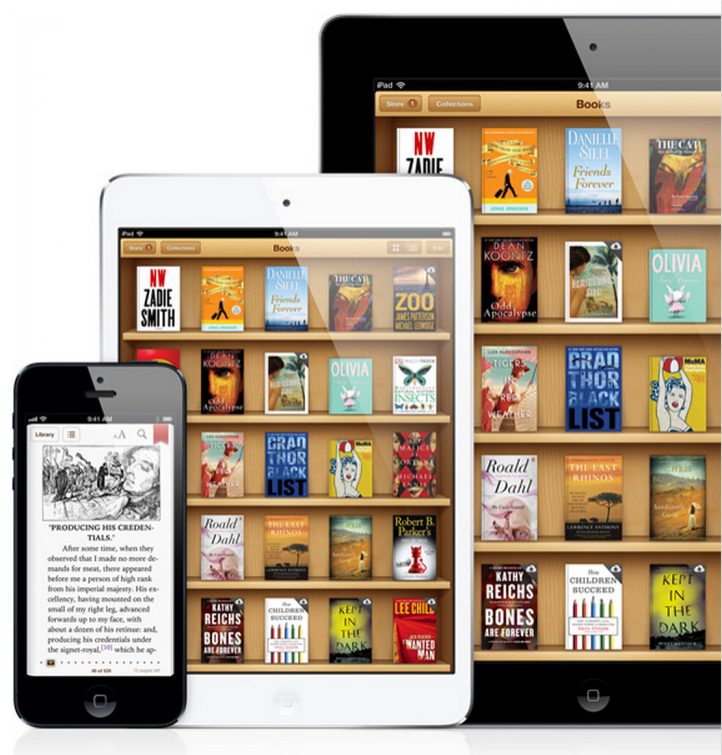Beijing Thinks Chinese Aren't Reading Enough; Is There A Law For That?

According to Unesco’s Institute for Statistics, China can boast a national average of 90 to 100 percent literacy across the population. Still, the state media bureau believes that though Chinese are reading, they aren’t doing enough of it.
The Wall Street Journal reports that China’s General Administration of Press, Publication, Radio, Film and Television is preparing a draft law, the Regulation on Public Reading Promotion, for the country’s Cabinet, the State Council. A decision is likely by the end of the year.
The move is prompted by recent research findings that despite high literacy rates, and high rates of book production, the number of Chinese actually picking up books is dwindling. According to a survey by the Chinese Academy of Press and Publication, people 18 and 70 years old read an average of 6.7 books last year. According to Pew research, Chinese readers read less than half of the average American reader, who read (or claimed to) an average of 15 books in 2012.
Many of China’s always-critical social media population, particular those users on popular social media site Weibo, don’t think reading should be the concern of the government. “I totally agree with promoting reading, but doing it by law is totally crap and useless,” one user posted on his microblog. “Will people get sentenced for not reading enough?” another asked.
“It’s like school all over again, spend your time faking that you read! Fooled them once, I can fool them again,” another blogger joked. Most posters agreed that fewer Chinese are reading, but doubt a seemingly arbitrary law will do anything to change that. “I just don’t know how they can possibly check people’s reading. Do we write book reports? Reading is important, but what will a law do?”
Kang Kai, the editor of CS-BOOKY, a Beijing publishing house, told the Wall Street Journal that China’s unusually difficult college entrance exam and preparation was a likely contributor to the decline in reading for leisure. “To score high in exams, we are forced to read something outdated and valueless,” Kang said. “The painful experience leaves a negative impression on people’s minds and later leads to the popular idea that ‘reading is useless.’”
© Copyright IBTimes 2024. All rights reserved.






















